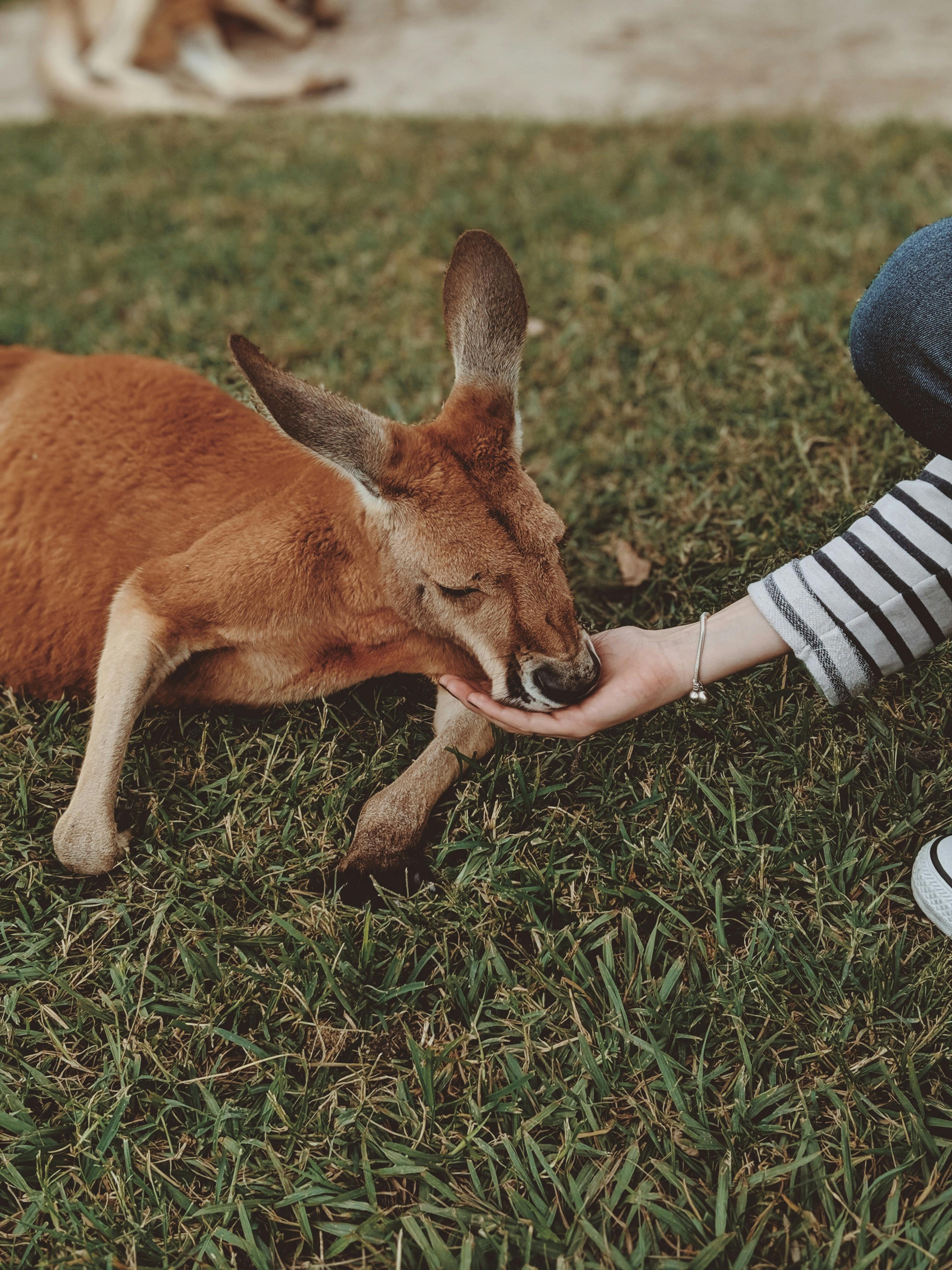Utah’s animal welfare laws play a crucial role in ensuring the protection and well-being of animals across the state. As an educated citizen and responsible pet owner, it is essential for you to have a comprehensive understanding of these laws to navigate within the legal boundaries and contribute to the welfare of animals. This article aims to provide you with a thorough overview of Utah’s animal welfare laws, highlighting key regulations and their implications. By the end of this article, you will be equipped with the knowledge and insight necessary to make informed decisions that align with the best interests of animals in Utah.
Overview of Animal Welfare Laws in Utah
Utah boasts a comprehensive set of animal welfare laws aimed at providing protection and promoting the well-being of animals statewide. These laws govern various aspects, including licensing and registration requirements, cruelty and abuse provisions, neglect and abandonment laws, companion animal protection, wildlife conservation regulations, humane slaughter laws, animal testing and research, penalties and enforcement, as well as local ordinances and regulations.
Animal welfare laws in Utah are primarily based on the Utah Code, Title 76 – Utah Criminal Code, Chapter 9 – Offenses Against Public Health, Safety, Welfare, and Morals. Additionally, various administrative rules and regulations established by governmental agencies play a crucial role in enforcing and interpreting these laws.
Licensing and Registration Requirements
Requirement for Animal Owners
Utah’s animal welfare laws mandate that all animal owners obtain the necessary licenses and registrations for their animals. These requirements apply to both domestic pets and livestock. The licenses and registrations typically involve providing up-to-date information about the animals, including their breed, age, sex, and vaccination records. By having these registrations, animal owners contribute to ensuring proper identification and traceability of animals, which aids in protecting their welfare.
Exemptions and Exceptions
Certain exemptions and exceptions exist for specific categories of animals under Utah’s animal welfare laws. For example, working animals, such as police dogs or service animals, may be exempted from certain licensing requirements. Exemptions for certain recognized breeds or species may also apply. However, it is important to consult the relevant laws and regulations or seek legal advice to determine the specific requirements applicable to different categories of animals.

Cruelty and Abuse Provisions
Definition of Animal Cruelty
Utah’s animal welfare laws define animal cruelty as any act or omission that causes unjustifiable pain, suffering, or death to an animal. The laws explicitly prohibit intentional acts of cruelty towards animals, including physical abuse, torture, and neglect. Additionally, the laws recognize that even unintentional acts resulting in harm to animals can be considered cruel if they demonstrate a reckless disregard for the animal’s well-being.
Acts Considered as Animal Abuse
Utah law enumerates various acts that are considered as animal abuse, including but not limited to:
- Infliction of unnecessary suffering or harm
- Abandonment or failure to provide adequate care
- Overworking or overloading animals
- Animal fighting, baiting, or bloodsports
- Poisoning or intentional harm to animals
- Unauthorized or unnecessary surgical procedures
These provisions ensure that animals are protected from intentional or negligent acts that could harm their welfare.
Neglect and Abandonment Laws
Responsibilities of Animal Owners
Utah’s animal welfare laws place significant emphasis on the responsibilities of animal owners to provide proper care and prevent neglect or abandonment. Animal owners are required to provide adequate food, water, shelter, and veterinary care to maintain the health and well-being of their animals. Neglecting these responsibilities can lead to severe consequences under the law.
Consequences for Neglect or Abandonment
Neglect or abandonment of animals can result in criminal charges. Utah’s animal welfare laws classify such acts as misdemeanors or felonies depending on the severity of the harm caused to the animals. Potential penalties include fines, imprisonment, or both. The specific consequences vary depending on the circumstances, the animal involved, and the intent behind the act.
Companion Animal Protection
Specific Protections for Pets
Utah recognizes the importance of companionship with animals and strives to protect pets from harm. The animal welfare laws in the state prohibit cruelty, abuse, or neglect towards pets. These laws ensure that pets are provided with proper care, including veterinary treatment, exercise, and safe living conditions. Protecting pets from harm and providing them with a quality life is a cornerstone of Utah’s animal welfare regulations.
Animal Control Measures
To further enhance the well-being of companion animals, Utah’s animal welfare laws empower animal control agencies to enforce regulations related to pet ownership. These agencies may be responsible for licensing, stray animal control, investigation of cruelty complaints, and even rehoming or euthanizing animals when necessary. By having these measures in place, Utah aims to ensure responsible pet ownership and reduce incidents of cruelty or neglect.
Wildlife Conservation Regulations
Permits and Regulations for Hunting
Utah has established a comprehensive framework of permits and regulations governing hunting activities within the state. These regulations aim to balance the preservation of wildlife populations with the interests of hunters. Required licenses and permits help regulate hunting, ensuring that it aligns with conservation goals, maintains sustainable populations, and prevents unnecessary harm to wildlife.
Protection of Endangered Species
Utah’s animal welfare laws also include provisions to protect and preserve endangered species. These laws prohibit the unauthorized hunting, capturing, trading, or harming of endangered species within the state. By offering legal protections to these species, Utah demonstrates its commitment to conserving biodiversity and safeguarding the natural environment for future generations.

Humane Slaughter Laws
Requirements for Animal Slaughter
Utah’s animal welfare laws recognize the importance of humane treatment during the slaughter of animals for food production. The laws outline specific requirements for the slaughter process to ensure the minimal suffering and pain for the animals. These requirements cover areas such as stunning or rendering animals unconscious before slaughter, proper handling and transport of animals, and appropriate facilities for slaughter.
Inspection and Monitoring
To enforce these humane slaughter laws, Utah’s animal welfare regulatory agencies conduct regular inspections and monitoring of slaughterhouses and animal processing facilities. These inspections ensure compliance with the laws, identify any potential violations, and address substandard practices. By implementing these monitoring measures, Utah aims to guarantee that animals are treated with respect during the slaughter process.
Animal Testing and Research
Regulations on Animal Experimentation
Utah has established a regulatory framework that governs animal testing and research conducted within the state. These regulations aim to ensure that scientific experiments involving animals are conducted ethically and with minimal harm. The laws dictate specific requirements for the housing, care, and treatment of animals used in research, as well as guidelines for obtaining informed consent, minimizing pain and distress, and following ethical protocols.
Ethical Considerations
Utah’s animal welfare laws recognize the ethical concerns surrounding animal testing and research. They promote the use of alternative methods and technologies whenever possible to reduce the reliance on animal experimentation. Furthermore, the laws require the establishment of Institutional Animal Care and Use Committees (IACUCs) to oversee and approve research protocols involving animals, ensuring that ethical considerations are taken into account.

Penalties and Enforcement
Fines and Imprisonment
Utah’s animal welfare laws impose significant penalties for violations, ranging from fines to imprisonment, depending on the severity of the offense. Misdemeanor charges can result in fines of up to $1,000 and up to six months of imprisonment. Felony charges may carry higher fines and longer prison sentences, reflecting the seriousness of the offense. These penalties serve as deterrents and encourage compliance with the animal welfare laws.
Agencies Responsible for Enforcement
The enforcement of Utah’s animal welfare laws is primarily the responsibility of various agencies and organizations, including local law enforcement agencies, county animal control departments, and state-level entities like the Utah Department of Agriculture and Food. These agencies work collaboratively to investigate reports of animal abuse, neglect, or cruelty, gather evidence, and initiate legal proceedings against offenders. Coordination between these entities ensures the effective implementation and enforcement of the animal welfare laws statewide.
Local Ordinances and Regulations
Additional Laws in Specific Utah Cities
In addition to the statewide animal welfare laws, certain cities and municipalities in Utah may have additional ordinances and regulations addressing specific animal-related issues. These localized laws may cover topics such as leash requirements, noise control, pet limits, or restrictions on specific breeds. It is crucial for residents and pet owners to familiarize themselves with both state and local laws to ensure compliance and avoid legal complications.
Examples of Local Regulations
Some notable examples of local regulations in Utah include:
- City A requires all cats and dogs to be registered and vaccinated annually.
- City B prohibits the ownership of certain exotic animals as pets.
- City C imposes strict leash laws and requires dogs to be kept on a leash when outside the owner’s property.
Each city or municipality may have unique regulations tailored to address specific concerns or meet the needs of their communities. To ensure compliance with all applicable laws, consulting legal experts or local government resources is advisable.
In conclusion, Utah’s animal welfare laws provide a comprehensive legal framework to protect and promote the welfare of animals in the state. These laws cover various aspects, including licensing and registration requirements, provisions against cruelty and abuse, neglect and abandonment laws, companion animal protection, wildlife conservation regulations, humane slaughter laws, and regulations on animal testing and research. The strong penalties and enforcement mechanisms, along with the collaboration between different agencies, ensure that Utah remains committed to safeguarding the rights and well-being of animals.
Frequently Asked Questions
1. What are the consequences of animal cruelty in Utah?
Animal cruelty in Utah can result in serious consequences, ranging from fines to imprisonment. Misdemeanor charges can lead to fines of up to $1,000 and up to six months of imprisonment, while felony charges carry higher fines and longer prison sentences.
2. Are there exemptions to licensing requirements for working animals in Utah?
Yes, certain working animals, such as police dogs or service animals, may be exempted from certain licensing requirements in Utah. However, specific regulations and requirements may still apply depending on the nature of the work and the animal involved.
3. What are the responsibilities of animal owners in Utah?
Animal owners in Utah are responsible for providing adequate food, water, shelter, and veterinary care for their animals. Neglecting these responsibilities can lead to criminal charges and potential penalties under the law.
4. Can local ordinances in Utah override state animal welfare laws?
While local ordinances in Utah can establish additional regulations, they cannot override or contradict state animal welfare laws. It is essential to comply with both state and local laws to ensure full legal compliance.
5. Who enforces animal welfare laws in Utah?
The enforcement of animal welfare laws in Utah is primarily the responsibility of local law enforcement agencies, county animal control departments, and state-level entities such as the Utah Department of Agriculture and Food. These entities work together to investigate reports of animal abuse, neglect, or cruelty and initiate legal actions against offenders.